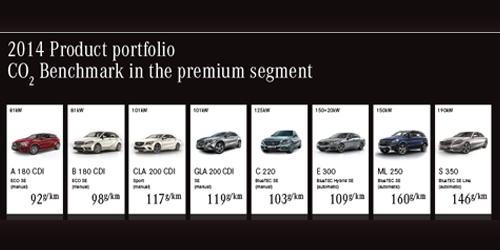
By Andrew Merricks, Head of Investments, Skerritts
t’s June 2014 and I’ve promised not to mention the World Cup at all in this month’s bulletin. FAIL. In promising not to mention it I’ve immediately broken that promise by mentioning it, albeit with the best of intentions. Having broken the promise, let’s hope that England’s performances allow me to mention it again, in a triumphant way.
I could make similar promises about not mentioning the ECB and their expected loosening of policy this month; the soggy equity performance this year so far; Japan and whether Abenomics has run out of steam; the question of how emerging markets can be expected to keep rallying in the face of a slowing China; or the prospects of bond yields going lower still; but if I did this would make this the shortest newsletter on record as no content would remain. Against this list of delights, talking about the World Cup, or even this year’s Eurovision Song Contest, may sound preferable.
The Widow Maker
Not given to over-dramatising a phrase, my eye was drawn to a report issued by BCA Research entitled “The Widow Maker”. Was this referring to Scotland’s failure to qualify for Brazil (again) or perhaps conjecture on England failing to negotiate the group stage ?
Neither, as it turns out. It is of course the name by which the trade goes of shorting Japanese Government Bonds (JGBs). An over-dramatised phrase if ever there’s been one but what does it mean? It’s relevant to much of today’s thinking about European bonds. The act of shorting JGBs has been a fruitless one for 20 years and more, but it is a trade to which some hapless investors have been drawn on a regular basis as yields have fallen over this period from 3% to 2%, from 2% to 1% and all the way through to their 0.6% yield today.
A similar fate has befallen shorters of Swiss Government bonds too, whether they chose to short when they were 3%, 2% or 1% all the way through to their 0.75% yield today.





